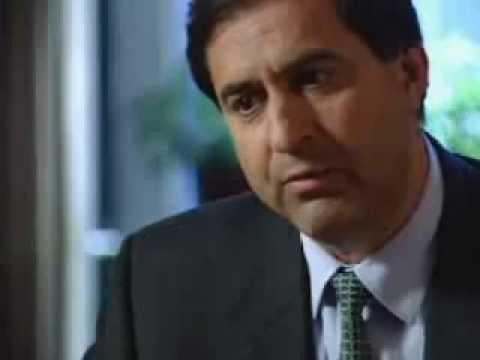On June 15, a Houston jury convicted Arthur Andersen — the 89-year-old accounting firm once known as the gold standard of integrity in auditing — for obstruction of justice in the government’s investigation of Enron, Andersen’s biggest client. With the demise of Andersen, the American business landscape was forever altered. But something else was altered as well: the scandal surrounding Enron and Andersen, together with the wave of other major accounting scandals that have come to light in recent months, has dealt America’s markets an unsettling psychological blow. If we can’t trust the auditors, investors wonder, whom can we trust? The meteoric rise and stunning collapse of Enron caused many to question why the corporate oversight system that was supposed to protect investors failed to sound any alarms about the company’s dubious finances. But Enron and Arthur Andersen turn out to be merely the tip of the iceberg. In the 1990s, more than 700 U. S. companies were forced to correct misleading financial statements as a result of accounting failures, lapses, or outright fraud. Together with Enron — the largest corporate bankruptcy in U. S. history — these failures have cost investors an estimated $200 billion. Enron’s collapse in late 2001 galvanized Congress and brought urgent calls for reform. The House and Senate held hearings and introduced legislation to reform the accounting industry. But so far no bill has passed both chambers and been signed into law. Instead, after prolonged criticism for moving too slowly and being too soft on the accounting firms, SEC Chairman Harvey Pitt has taken the initiative, announcing on June 20 his proposal for a new Public Accountability Board. Critics, however, still say that his plans are too weak, and question whether he is genuinely prepared to cross his former clients in the accounting industry, which he represented as a top Wall Street lawyer throughout the 1990s.
Bigger Than Enron

